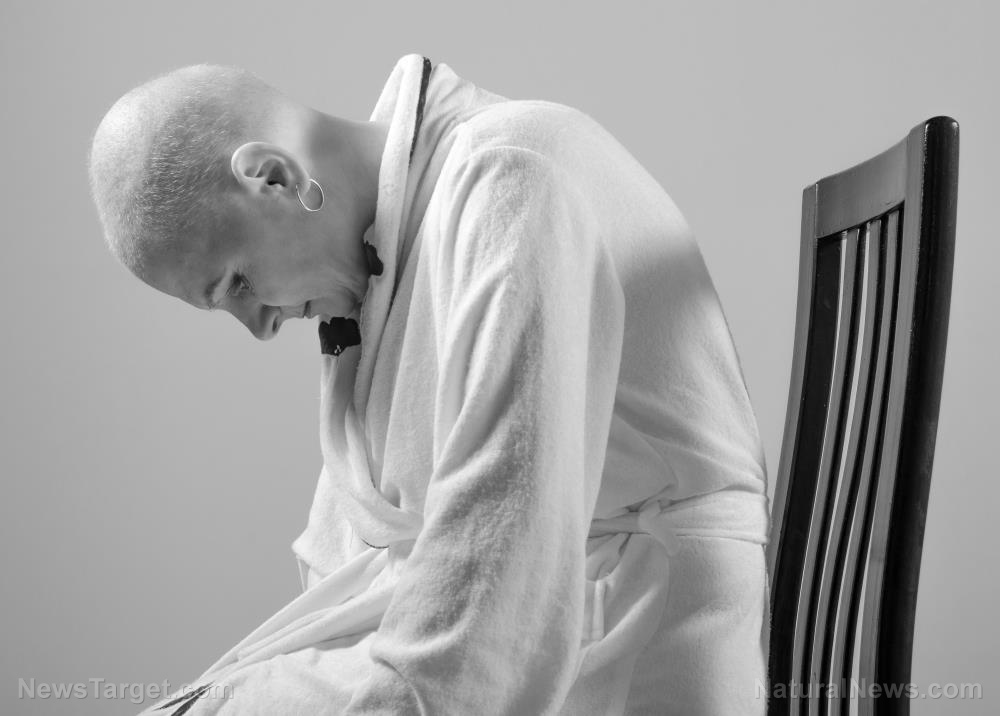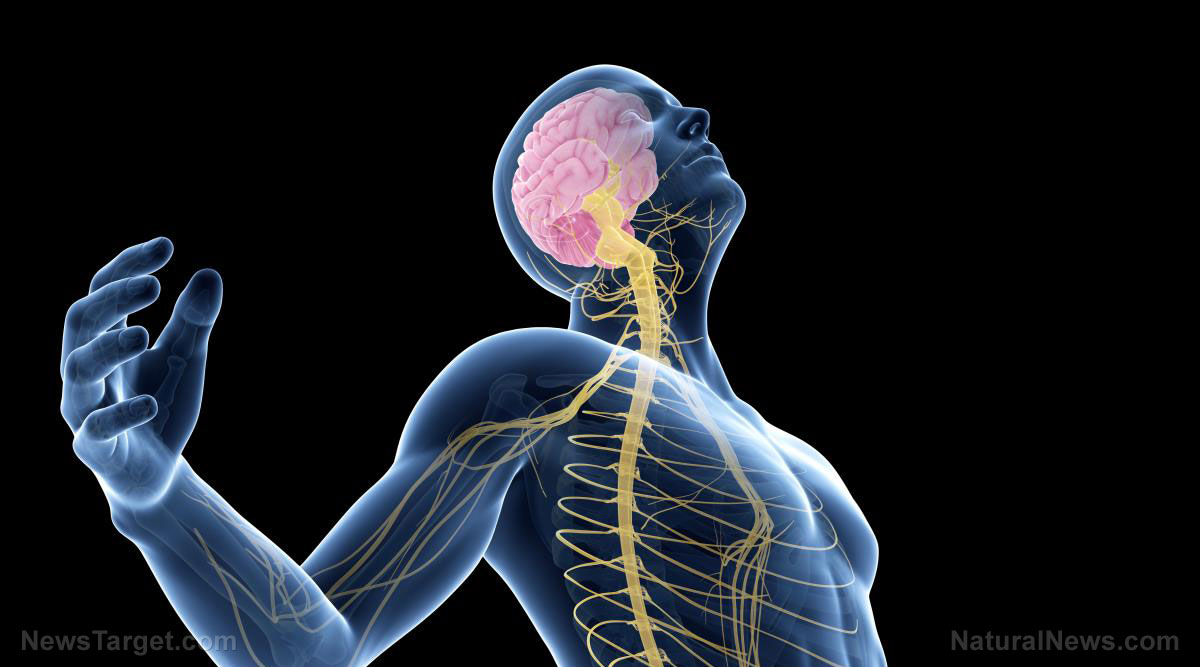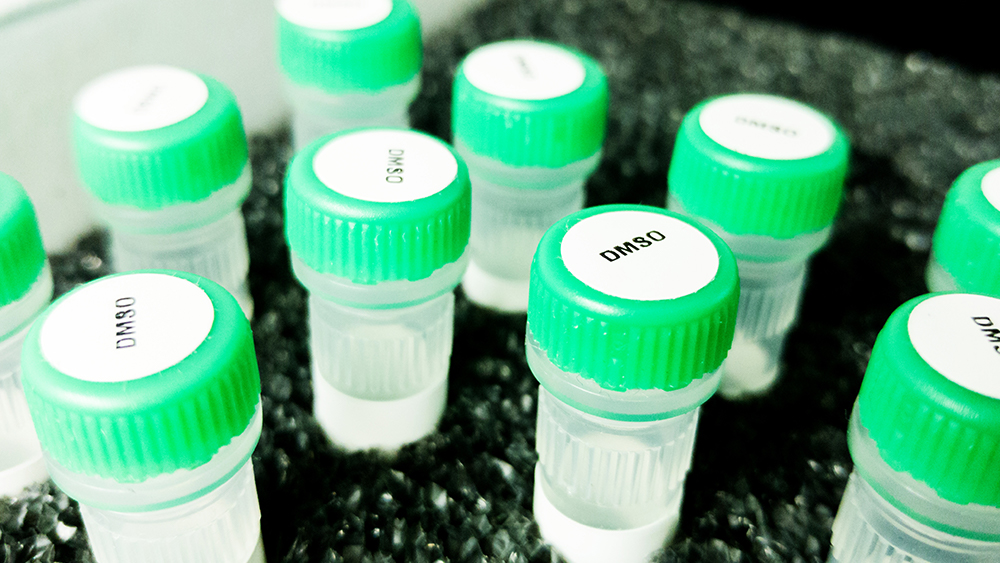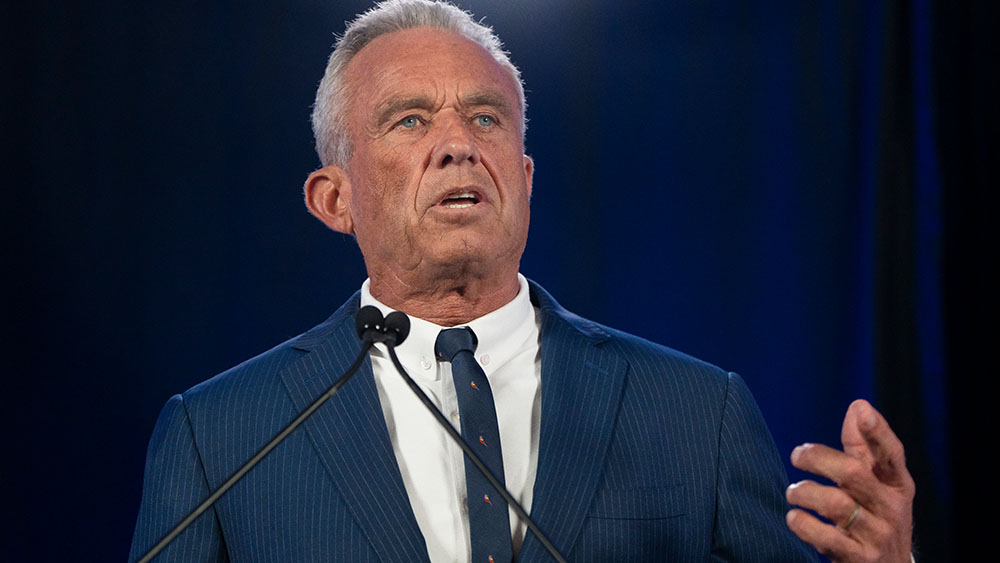TCM’s timeless secrets for liver health and better sleep
05/28/2025 / By Willow Tohi

- Liver imbalances like qi stagnation and yin deficiency underpin insomnia and stress in TCM.
- Stress disproportionately affects the liver first, triggering cascading organ dysfunction.
- TCM remedies (acupuncture, herbs, qigong) and sleep hygiene boost liver support and qi flow.
- Green foods, meridian-tapping and herbal teas align the body with natural circadian rhythms.
- Prevention-focused, TCM promotes holistic health through ancient insights, evolving alongside modern wellness.
In an era where sleeplessness and stress are epidemic, Traditional Chinese Medicine (TCM) offers a blueprint to recalibrate the body’s systems by focusing on an often-overlooked organ: the liver. According to TCM experts, poor sleep, irritability and fatigue stem not only from lifestyle choices but from imbalances in liver function, which disrupt the flow of qi — the body’s vital energy. A 52-year-old lawyer’s transformative recovery through acupuncture, herbs like astragalus, and qigong illustrates TCM’s holistic power. Authoritative figures like Dr. Maoshing Ni of Yo San University emphasize that liver health is foundational to emotional stability, sleep and vitality, positioning TCM as a critical adjunct to modern medicine.
The liver’s pivotal role in holistic health according to TCM
In TCM, the liver is far more than a detox organ — it is the “general” of the body’s energy network, regulating qi, storing blood and modulating emotions. Dr. Ni explains, “The liver is affected first by stress, triggering cascading imbalances across organs.” When qi stagnates, symptoms like insomnia, high blood pressure and mood swings emerge. Taiwanese practitioner Wu Honggang adds, “Modern stress and late-night routines overtax the liver’s detox cycle,” which peaks between 1 a.m. and 3 a.m.
A landmark case involved a lawyer working 80-hour weeks. Suffering from headaches, sleeplessness and impotence six months prior, Dr. Ni prescribed weekly acupuncture, herbal blends including ligustra and ginseng, and qigong exercises. After six weeks, his symptoms nearly vanished, underscoring TCM’s emphasis on addressing root causes.
Deciphering liver-induced imbalances
TCM identifies four primary liver imbalances tied to sleep and stress:
- Liver qi stagnation: Emotional repression, poor sleep and digestive issues arise as qi flow halts, like “traffic gridlock in the body.”
- Liver yin deficiency: Dry eyes, anxiety and irritability signal insufficient “cooling yin energy.”
- Hyperactive liver yang: High blood pressure, facial acne and bitterness in the mouth result from yang energy overcompensating for yin weakness.
- Liver blood deficiency: Weakness, hair loss and poor memory reflect inadequate qi nourishment.
Hong Kong practitioner Samuel To Ching-san likens liver healing to “cleansing an air conditioner’s filter,” stating, “If it’s dirty, the heat excess overwhelms the body and disrupts sleep.”
Lifestyle and natural remedies: TCM’s proactive approach
Practitioners advocate a shift from reactive care to prevention through ritualistic daily habits:
- Eat green: Vegetables like spinach and kiwifruit nourish the liver with antioxidants and fiber. Fatty, spicy, or heavy nighttime meals are discouraged, as they disrupt the liver’s regeneration phase.
- Meridian tapping: Patting the inner calf and ankle—along the liver meridian—stimulates parasympathetic (“rest-and-digest”) response, easing sleep.
- Acupressure points: Pressing Taichong (on the foot) or using warming herbal teas like prunella vulgaris targets “liver fire.”
- Sleep alignment: TCM mandates bedtimes before midnight to align with circadian rhythms, mimicking nature’s transition from yang (activity) to yin (rest).
Practicing qi gong or yin yoga primes the body for sleep, while breathing techniques like diaphragmatic breathing reduce sympathetic nervous system arousal.
Case study: Restoring balance through TCM
Dr. Ni’s patient — the overworked lawyer — epitomizes TCM’s efficacy. After six weeks of acupuncture, herbal tonics and office-friendly qigong movements, his insomnia, pain and high blood pressure resolved. “TCM doesn’t just treat symptoms; it recalibrates the body’s foundational systems,” Dr. Ni notes, advocating ongoing care for sustained benefits.
Ancient wisdom for modern minds
As stress and sleep disorders soar, TCM’s focus on liver health bridges ancient practice and modern science. By addressing imbalances early — through diet, herbs and mindful routines — individuals can mitigate risks of chronic conditions while reclaiming vitality. “Your liver doesn’t rest when you neglect it,” Wu Honggang warns. For a world running on overdrive, TCM’s lessons in qi flow are a lifeline.
Sources for this article include:
Submit a correction >>
Tagged Under:
acupuncture, alternative medicine, circadian rhythm, Cures, health science, Herbs, high blood pressure, holistic health, insomnia, lifestyle, longevity, natural cures, natural health, natural medicine, natural remedies, plant medicine, qigong, remedies, TCM
This article may contain statements that reflect the opinion of the author





















